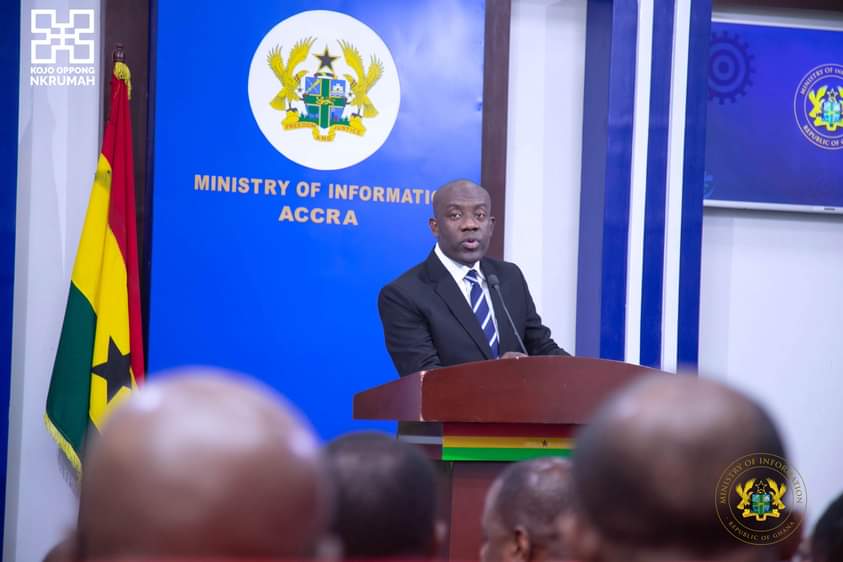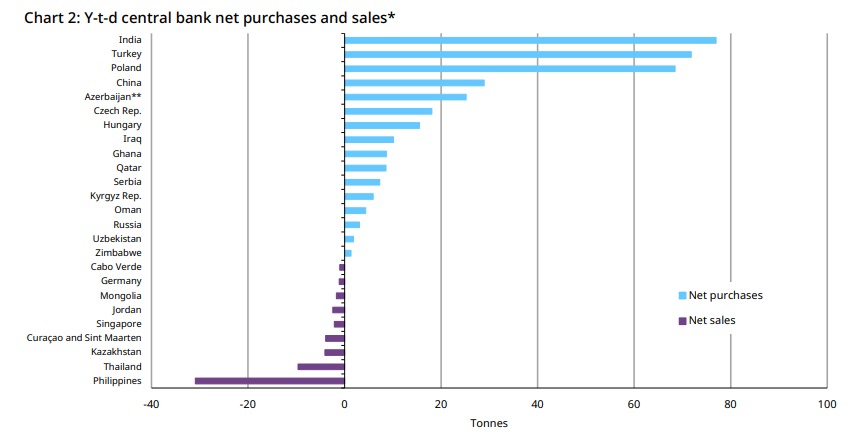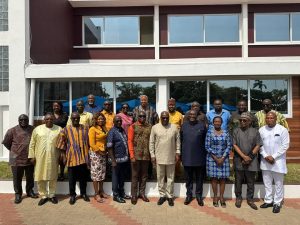
The recent public outrage over the rampant illegal small-scale mining, known as galamsey, has brought to light serious questions about the collective amnesia of our leaders—those who are entrusted with safeguarding our welfare and the future of coming generations.
It has been over two centuries since the abolitionists’ global outcry led to the outlawing of the trans-Atlantic slave trade, a grievous era that severely depopulated many African states and societies. Today, one would hope that the lingering effects of the slave trade—rooted in the greed and complicity of our elders and traditional leaders—are confined to history textbooks as an unforgivable act.
As the adage goes, “Those who do not remember the past are doomed to repeat it.” Before the arrival of the trans-Atlantic slave trade, African states, both large and small, engaged in trade with fellow Africans and foreign merchants—Arabs and Europeans—on equal terms.
However, as the slave trade expanded to meet European demands for labor to colonize the so-called “New World,” African rulers integrated their political economy into the slave trade. In exchange for European goods imported from the Far East, they sold their own people, leading to a loss of prominence and equality that had characterized early encounters with Europe.
Today, Europe boasts of banks and financial firms that originated as charter companies during the slave trade. But what do Ghana and its fellow African states have to show for compromising their integrity and values, leading to prolonged subjugation even after the slave trade ended?
The environmental degradation caused by rampant illegal mining in Ghana echoes this troubling history. The devastation of rivers, forests, and lands due to galamsey is a modern reflection of past mistakes. It’s high time we hold our leaders accountable for allowing these egregious acts to continue. The stakes are too high to remain passive observers.
Our leaders must wake up from this collective amnesia and take decisive action to protect our environment and our future. It’s imperative to learn from history, not repeat its darkest chapters.
The time for accountability and change is now. Our rivers, lands, and communities depend on it.
Source: Ismael Montana, Ph.D
Professor of History
Northern Illinois University
DeKalb IL, USA
The post The Echoes of History: Galamsey and the Legacy of Collective Amnesia first appeared on 3News.
Read Full Story















Facebook
Twitter
Pinterest
Instagram
Google+
YouTube
LinkedIn
RSS